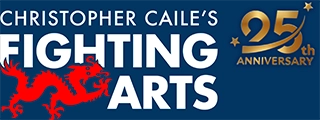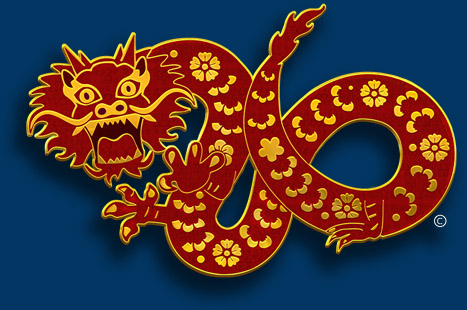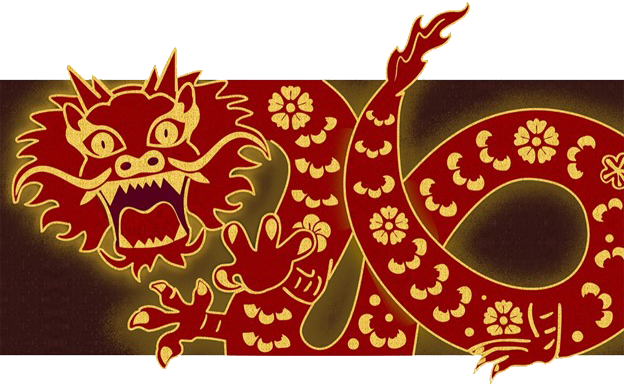THE ZEN MIRROR
The Locus of Subjectivity
By Jeff Brooks
Children and teenagers, without adult guidance, are governed by what they want. Genuine adults are governed by purpose. This is a natural choice because it frees us from the self imposed slavery of permanent adolescence, of being permanently ruled by dissatisfaction and desire.
I have noticed in the life-long practice of self defense that as people mature in their practice their definition of self changes and their understanding of defense changes as well. One of the afflictions of contemporary martial arts is its heavy reliance on self regard. People are focused on getting approval from their teacher and on improving their abilities, so their practice becomes narcissistic, because it's all about them, and technically limited because performance is all about pleasing the teacher and achieving status within a limited group. Much of life – in sports, school, politics, and work – may be structured in this way.
Those who do mature in their martial arts find a purpose for what they have discovered.
One of the things that changes is their locus of subjectivity. When we start martial arts we think of ourselves mainly as our body, and we learn to defend it. That is a good start. As we mature, as human beings as well as practitioners, we understand that we are not separate from the world around us. We need to draw nourishment from the earth several times a day. We are connected to it and dependent upon it. And it needs our care too.
There are people we love and want to take care of, there are neighbors and others to whom we feel kinship and friendliness and human connection which make our lives possible. There are universal virtues which, if we live by them, make our lives wonderful and our humanity genuine, and which ultimately will free us, and all the people with whom we share this world, from suffering. The boundary of our self, the way we perceive who we are, and the ways in which we protect our world, change.
If you are walking across the street and a car comes toward you, you see it and jump out of the way. Your locus of subjectivity is in your own body. When you are walking across the street with your child and a car comes toward him, you immediately pull your child to safety. It is not a considered act. There is no weighing of options, pausing to reflect on the merit of the act in light of the interests of the self that resides inside your body. You act because in that moment your locus of subjectivity is centered in that person you love.
If you are serving in the military or in law enforcement, if you are a warrior, there is no question about your duty under pressure. There is no doubt that the motivation for your actions in the extreme of danger is taking care of the people for whom you are responsible.
For heroes, for leaders, in the decisive moment, their locus of subjectivity does not reside in their own body. They do not conceive of their selves as bounded by narrow, calculating self interest or personal safety. Their self encompasses all of those for whom they are responsible, all of the people they lead, all of the people they serve. It is why the Dalai Lama's concern for the suffering people of Tibet is so moving. You can feel that for him his life is indistinguishable from theirs. You can feel how he suffers as they suffer, and how painful it is for him, as their leader and as their servant, to be unable to help them very much.
In Buddhism the bodhisattva ideal creates a locus of subjectivity even more encompassing than that of the hero. The obligation to others, and the suffering one willingly takes on, are greater than that of a parent, greater than that of a warrior, greater than that of a hero. Because the bodhisattva commitment has no boundary.
The locus of subjectivity encompasses all beings. Every one is beloved. Every one's suffering is yours as much as the suffering of your own vulnerable and innocent child is yours. As we aspire and train to fulfill this ideal we increase our capacity to succeed in it. Our idea of what our 'self' is changes. Our idea of how to defend this 'self' transforms from a limited ideal of personal safety to the unlimited purpose of saving all beings from suffering forever, using all the skill and strength and energy we have.
Start by being responsible for one other person's happiness for a few minutes today, and then proceed from there. And don't stop until you are done. This is how we move our locus of subjectivity from a point to a universal and realize a person is a Buddha.
Copyright Jeff Brooks and FightingArts.com 2011
Jeffrey M. Brooks
Jeff Brooks (9th dan), began martial arts training in 1978 and opened his first karate dojo in Northampton, MA (1988 through 2009), while also conducting self-defense seminars, professional programs in combative skills and served as a regular contributor on Zen and karate-related topics to FightingArts.com.
Jeff then moved to South Carolina and started a career in law enforcement, serving as a police officer, then detective, defensive tactics instructor, firearms instructor, PPCT instructor, Deputy US Marshal, and Deputy Sheriff. After retirement, he founded Mountain Karate in Saluda, NC.
In karate Brooks received his 5th degree Black Belt from the Nagamine honbu dojo, his 7th degree black belt in 2004, and his 9th degree black belt in 2022, in recognition of his formation and leadership of Yamabayashi Ryu. He studied with leading teachers in Okinawan, Japanese, and Chinese traditions, in the US and overseas, including Katsuhiko Shinzato (the translator of Shoshin Nagamine's Essence of Okinawan Karate Do, and formerly a student of the Kishaba brothers' karate and kobudo); Sogen Sakiyama, Roshi (direct student of Miyagi Chojun, and practitioner of Goju-ryu karate); and Shoshin Nagamine (Chief of the Motobu District Police, Mayor of Naha, and founder of Matsubayashi Shorin Ryu).
Jeff Brooks has written hundreds of published articles on martial arts, and Zen and has been cited widely online and in print. He wrote speeches and presentations for high profile public figures in politics, media, business and the arts.
He is author of several books including "True Karate Dō", available on Amazon.com
Search for more articles by this author:






